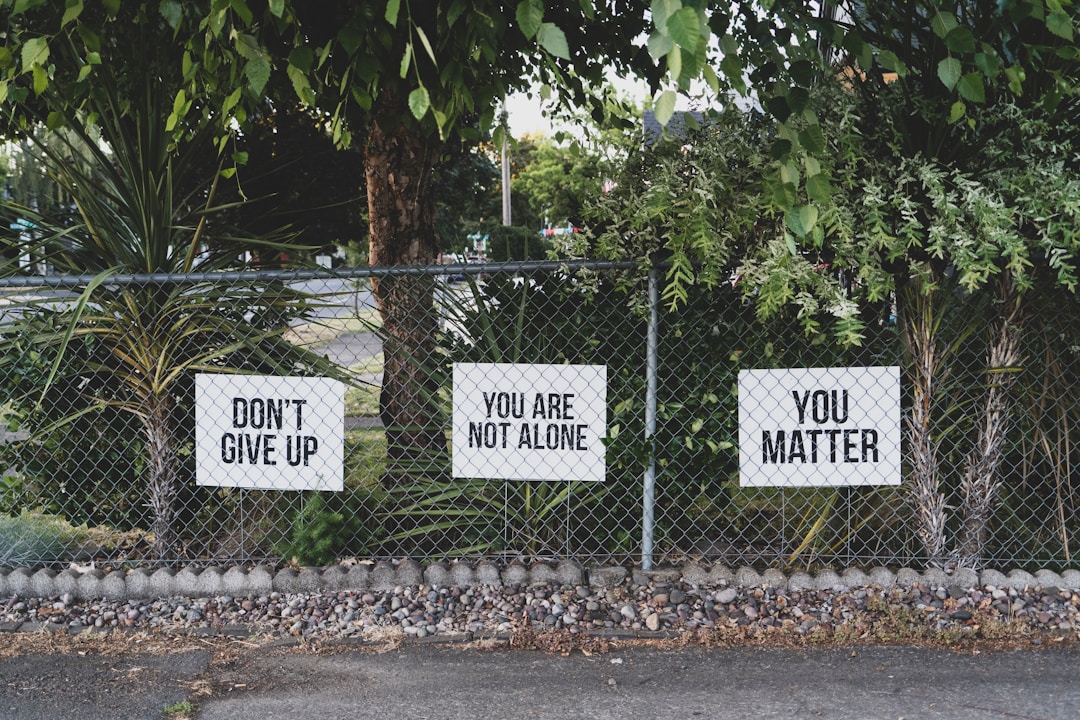Not all therapists and counselors are the same. While all mental health services add up to hope for healing, there’s a difference between general counseling or therapy and psychotherapy. If you or someone you love is struggling with a mood disorder, substance abuse issue, or are simply looking for someone to talk to about relationship and life issues, it’s important to understand the difference between a therapist and a psychotherapist. The reality is that knowing the type of therapy or therapist you need before that first appointment could go a long way in helping you to feel better sooner.
Therapeutic Modalities and Psychotherapy

Most people don’t understand that therapists are trained in a variety of therapeutic modalities. Otherwise put, they are trained to practice different types of therapy for different reasons. In general, therapists who practice psychotherapy are highly skilled in a preferred way of doing therapy, like Cognitive Behavioral Therapy (CBT) or mindfulness. To learn these skills, they are required to attend intensive graduate school programs and have specific training on ways these types of therapies work to help various diagnoses and client populations.
Perhaps you live in New York and you’re looking for a therapist to help you with an impulse control disorder like overspending or gambling. Someone like you would be best suited for a CBT therapy treatment plan that would help you to modify your behaviors over basic talk therapy. A simple Google search for “New York psychotherapists” would put you in touch with a variety of specialized therapists, social workers, psychologists, and family therapists trained to work with people who struggle with behaviors. These psychotherapists would be in the position to quickly identify tools and resources aimed at a speedy recovery born on their own psychotherapy training.
Counselors and Crisis Lines

If you’re someone who’s never seen a therapist before and is simply looking for someone to talk to about daily frustrations, you could do well with a counselor who offers general talk therapy. Often, bachelor’s degree-level therapists work under the supervision of licensed psychotherapists to offer talk and group therapies. This same group of therapists, sometimes called counselors, are often those who take crisis calls on suicide and domestic violence or sexual assault lines. They are trained to refer clients out to appropriate resources and service providers.
An online search for “mental therapist near me” could put you in touch with affordable talk therapists who don’t practice specific psychotherapy but are skilled at providing support. Often a great introduction to therapy, general counselors and student therapists can be a good option for people looking to talk about acute crises or situations and who don’t need a long-term treatment plan.
Finding a Match

While any mental health help is better than none at all, it’s a good idea to understand what type of therapy your therapist practices to ensure you get the right help. You can find this out by reading their biography. If it doesn’t overtly state their preferred psychotherapy modality, it’s okay to ask. You’ll want to look for a therapist who specializes in your specific problem or concern area for a better match.
Whether opting for a counselor or psychotherapist, it’s also important to understand that all mental health professionals work under the supervision of licensed and senior psychotherapists. These groups meet in regular clinical case meetings to offer you the best support possible. All mental health professionals are trained to refer clients out if they feel they can help them, and knowing this could give you peace of mind.
At the end of the day, taking control of your mental health and asking for help from a therapist or counselor is a great first step in healing. If you or a friend or family member is interested in starting therapy, making that first call and asking about a therapist’s training and background is a great way to start.

